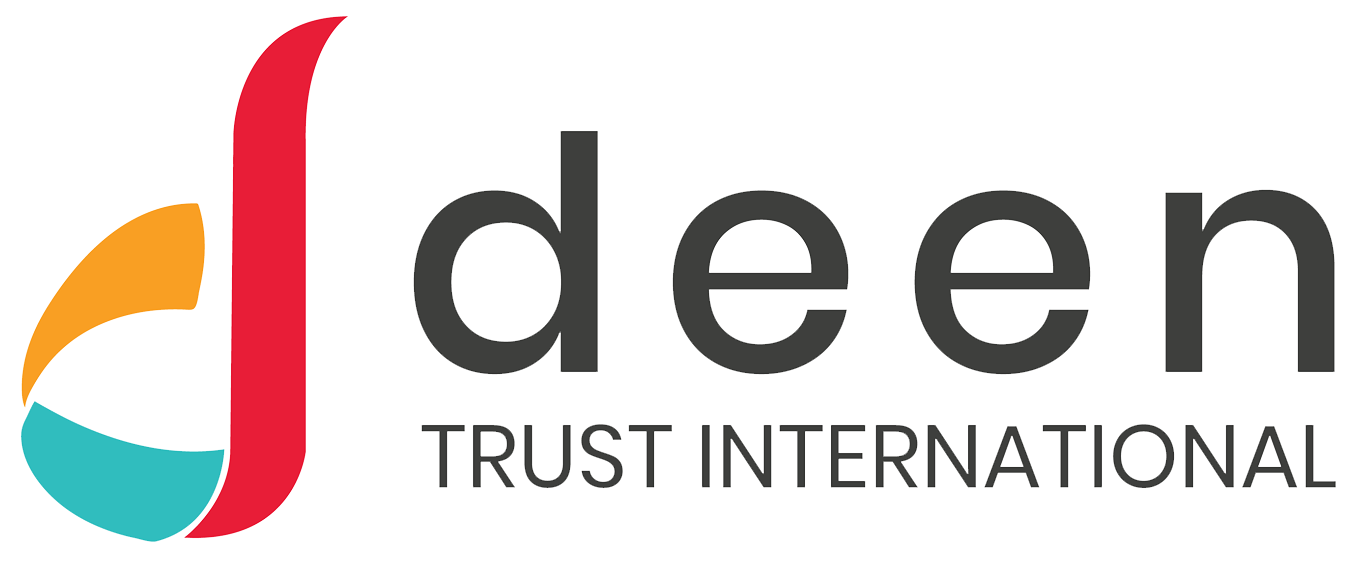Understanding Nisab: The Threshold for Zakat Calculation
In Islam, charitable giving is a significant practice, and Zakat, one of the Five Pillars of Islam, plays a crucial role in this. However, not everyone is obligated to pay Zakat. This obligation is determined by a threshold known as Nisab.
Nisab is the minimum amount of wealth a Muslim must possess before they are required to pay Zakat. This ensures that only those who can comfortably afford to give are obliged to do so. Zakat is calculated as 2.5% of one’s wealth, making it a proportionate form of giving where the amount varies based on an individual’s financial situation.
Determining the Value of Nisab
The value of Nisab was set by Prophet Muhammad (peace be upon him) equivalent to 87.48 grams of gold or 612.36 grams of silver. As these were the forms of currency during the Prophet’s time, we now need to convert these values into modern-day currencies by checking the current market value of gold and silver. These values can vary from country to country and fluctuate throughout the year.
As of September 2022, the Nisab value using silver (612.36 grams) is approximately £336.80, and using gold (87.48 grams), it is approximately £4,240.16.
While there are differing opinions on whether to use the value of silver or gold for calculating Zakat, many scholars, particularly from the Hanafi school of thought, recommend using the value of silver as it sets a lower threshold, enabling more people to qualify for Zakat and thereby supporting more vulnerable individuals worldwide.
When to Pay Zakat
Zakat is due one lunar year (hawl) after you become eligible to pay it, i.e., when your wealth reaches or exceeds the Nisab. It’s important to note that your wealth must have been at or above the Nisab level for the entire lunar year.
The Importance of Nisab in Calculating Zakat
Using Nisab to calculate Zakat ensures that the obligation of charitable giving does not place undue burden on those who cannot afford it. If someone’s wealth does not reach the Nisab threshold, they are exempt from paying Zakat but are still encouraged to give voluntary charity (Sadaqah) in any form they can.
At Deen Trust International, we strive to uphold these principles of charitable giving by aiding impoverished communities worldwide.
